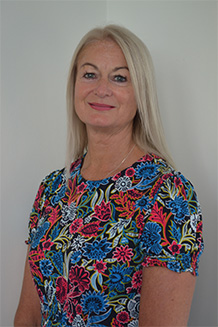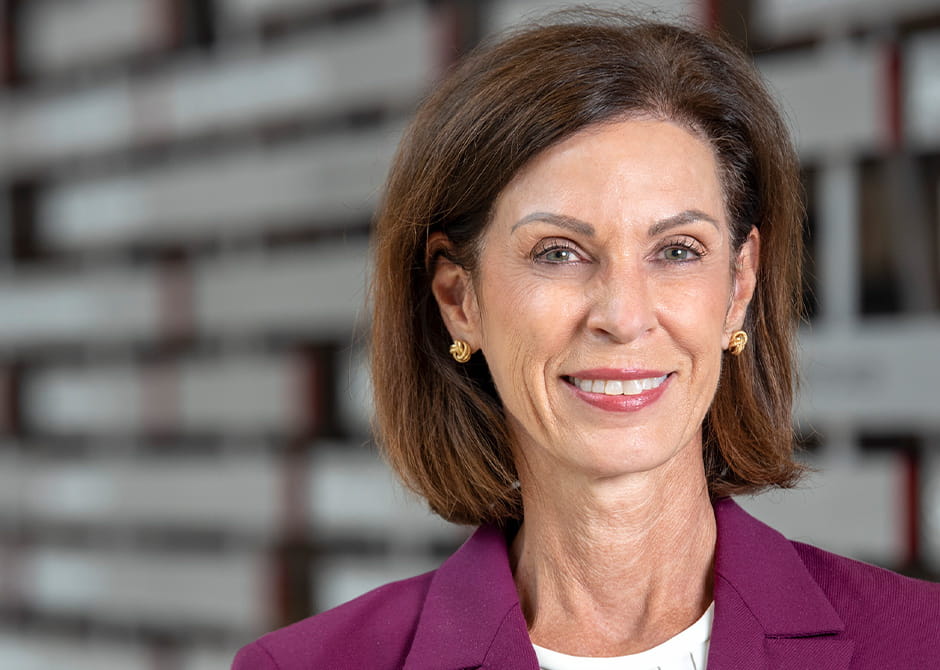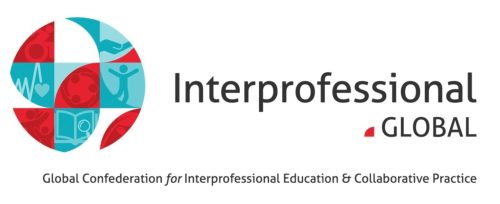Accreditation Excellence in IPE: Its role in shaping tomorrow’s professionals
- 24 July 2025
07.00 (EST) / 11.00 (UTC) / 12.00 (BST) / 13.00 (Johannesburg) / 13.00 (CET) / 21.00 (Melbourne)
Presenters:
- Melissa Owens, University of York
- Andrea Pfeifle, The Ohio State University
- Hanlie Pitout, Sefako Makgatho Health Sciences University
- Susan Waller, United Arab Emirates University
- Susanne Lindqvist, University of East Anglia
Moderator:
- Vikki Park, CAIPE
Abstract:
The World Health Organization (WHO) recognises the importance of all health care professionals being ‘collaborative-practice ready’ at the point of accreditation (WHO 2010). However, the process by which this is achieved, or precisely what ‘collaborative-practice ready’ means, lacks universal agreement and clarity. Some countries (for example Canada and the United Kingdom) have, or are in the process of, developing competencies, or standards for interprofessional collaborative practice and education, identifying domains of importance, and there are some similarities across these. But could there be added value by going beyond the development of national level competencies to describe a subset of universally agreed upon core global competencies? And if so, how could these competencies be integrated into accreditation standards for educational programs?
Within this global café, therefore, we offer the opportunity for colleagues from across the globe to discuss this issue using the following prompts:
- What does accreditation mean in this context?
- What would a ‘best practice’ accreditation body, standard and process look like?
- What do higher education institutions: students, professionals, service users/patients, need?
- Who will/should accredit?
- What should the process involve?
- How long should it last? and:
- What support would be needed to support it being achieved across counties and regions?

Dr Melissa Owens is a Registered Nurse for people with a learning disability and is Director of Nurse Education at the University of York, England, where she has strategic and operational oversight of the university’s nursing provision. As part of that role, she successfully embedded IPE into the curricula of different health, medical and social care programmes and is continuing to seek additional opportunities to embed IPE.
Melissa holds a Doctorate of Education which focused on non-formal learning of collaborative practice skills in the practice setting, which she completed in 2015. IPE (interprofessional education) is Melissa’s particular area of interest and is the primary focus of her research and publications. She is a Board Member of CAIPE (the UKs leading organisation for IPE) and is co-lead for their working group on ‘Faculty Development’.
Melissa is also a Steering Group member of IPR.Global and a member of IP.Global: focusing specifically on accreditation excellence in IPE.

Dr. Andrea Pfeifle, Associate Vice President for Interprofessional Practice and Education at The Ohio State University, focuses on advancing the University’s commitment to a current, future, and emerging work force that improves health, health care, and well-being through interprofessional practice, education and team collaboration. Dr. Pfeifle graduated from the University of Kentucky with degrees in Physical Therapy, Curriculum and Instruction, and Educational Leadership and Administration. Prior to coming to Ohio State, she served as inaugural leader of university-wide interprofessional education initiatives at the University of Kentucky and Indiana University.
Andrea holds a Doctorate in Instruction and Administration, a Master’s in Instructional Systems Design, and a Bachelor’s in Physical Therapy, all from the University of Kentucky. A recognized thought leader in interprofessional education, she is Immediate Past President of the National Academies of Practice and a frequent contributor to national conversations on health equity and collaborative care.

Dr. Hanlie Pitout qualified as an occupational therapist at the University of Pretoria, obtained a Master’s degree at the University of Limpopo and a PGCHE at the University of Pretoria. She completed her PhD at the University of Witwatersrand. The topic of her thesis is “Development of an IPECP module for final-year health science students.”
She works as a lecturer in the Department of Occupational Therapy. She is passionate about research and supervises both undergraduate and postgraduate occupational therapy students. She initiated Interprofessional Education and Collaborative Practice (IPECP) at Sefako Makgatho Health Sciences University. Part of her study investigated how interprofessional collaborative core competencies are addressed in each profession during their undergraduate studies in preparation for application during IPECP events.
She is a member of IP.G, representing AfrIPEN and part of the Capacity Development Working Group. The Working Group is looking at the needs of academics, students and clinicians in terms of developing their capacity to apply interprofessional education in collaborative practice.

Dr. Susan Waller is an Australian health professional and academic specializing in rural health, interprofessional education (IPE), and paediatric physiotherapy. Susan has held leadership roles in Australian rural health education, including positions at Monash University and the University of Queensland. She has contributed to interprofessional curriculum development, supervised physiotherapy teams, and conducted research on rural workforce challenges. Her academic qualifications include a PhD in Interprofessional Clinical Education and a Master’s in Paediatric Physiotherapy from the University of Queensland. Susan has designed and facilitated courses and workshops across Australia and internationally on interprofessional education and clinical supervision. Susan contributed to the development of an interprofessional practice curriculum at the University of Queensland first private clinical school in 2011 and to the Collaborative Care Curriculum at Monash University, Australia.
Susan is presently an Assistant Professor in the Department of Medical Education at the College of Medicine and Health Sciences at the UAE University since January 2021. Susan is a founding member of the Arab Interprofessional Network (ANIC), the Arab World regional representative group of Interprofessional Global and leads a national taskforce from multiple academic institutions and programs developing a local Interprofessional Collaboration Framework.

Prof. Dr. Susanne Lindqvist, PhD, SFHEA, MSc, QTS, BSc, EMCC EQA Practitioner Level Coach
Susanne is Director of the Centre for Interprofessional Practice (CIPP) and Professor of Interprofessional Practice. She is also Associate Dean for Learning and Teaching Quality at the Faculty of Medicine and Health Sciences, University of East Anglia (UEA) and a Non-Executive Board member at the James Paget University Hospital.
She is a Visiting Professor at the Molde University College in Norway and an Honorary Fellow of the Centre for the Advancement of Interprofessional Education (CAIPE). Since 2021, Susanne is part of the CAIPE strategy and scholarship committee. She sits on several national and international advisory boards to help organisations develop, embed and sustain interprofessional learning and working practice amongst their students and staff. Susanne is co-facilitating the IP Global Capacity Building group. Susanne joined CIPP in 2002 with the aim of developing and delivering interprofessional learning (IPL) opportunities at UEA. Susanne and CIPP continue to conduct impactful research and deliver education and training opportunities that help to enhance interprofessional collaborative practice for students and practitioners alike. She has currently completed a multi-year research project with her Molde colleagues that resulted in an empirically grounded framework to help educators integrate IPE in the curricula and bridge the theory-practice gap.
Presenter’s email: melissa.owens@york.ac.uk

